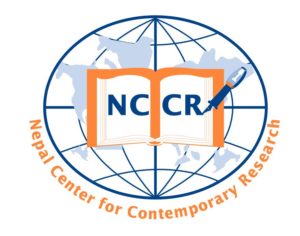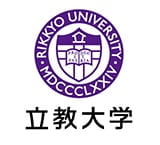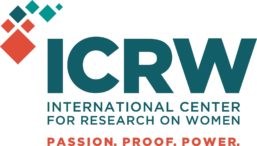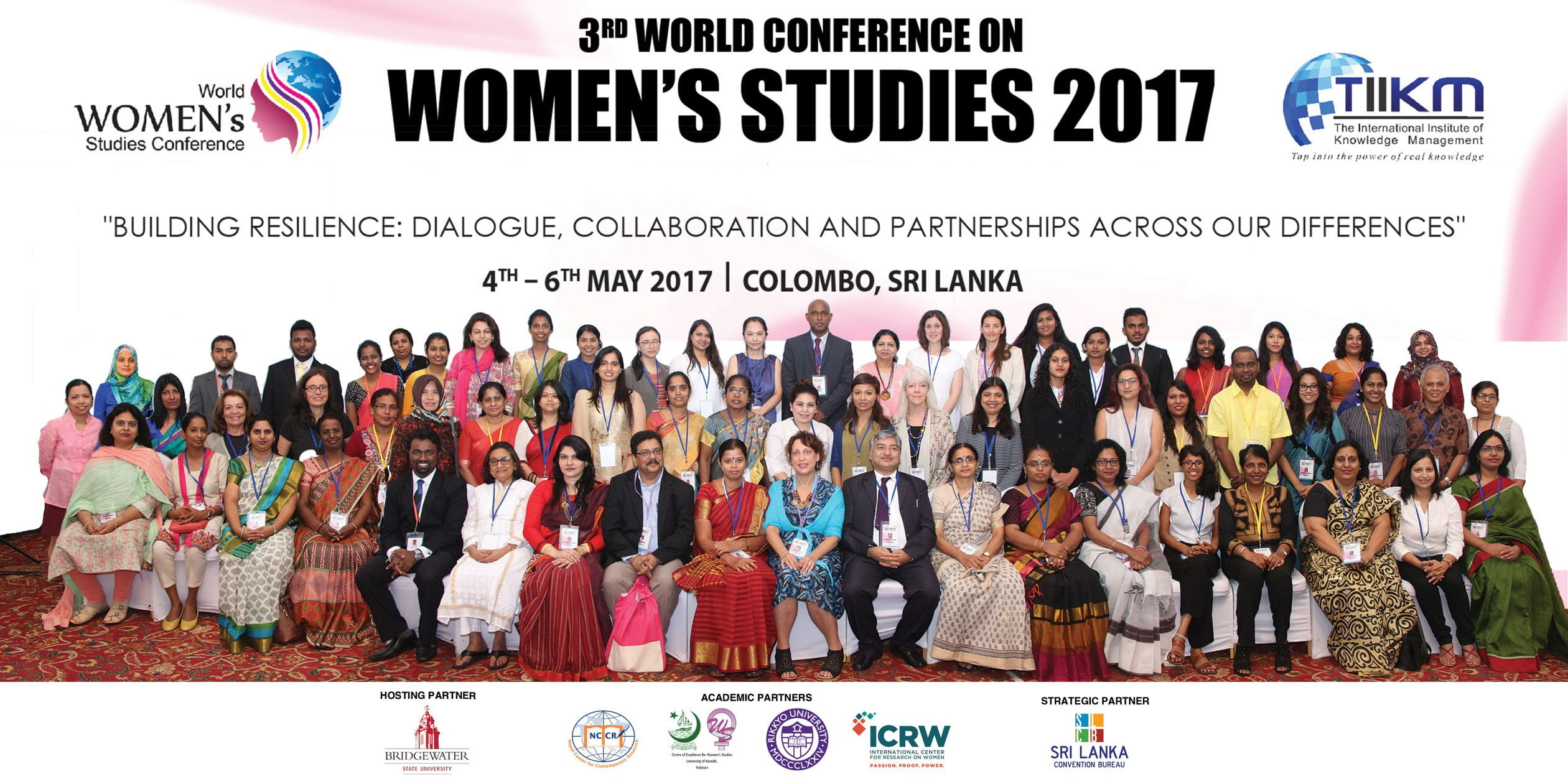
The 3rd World Conference on Women’s Studies 2017
“Building Resilience: Dialogue, Collaboration and Partnerships across Our Differences”
The International Conference on Women’s Studies 2017 (WCWS 2017) was held from the 4th – 6th May, 2017 in Colombo, Sri Lanka. WCWS 2017 was hosted by the Bridgewater State University, United States and the conference was organized by The International Institute of Knowledge Management (TIIKM) Sri Lanka. Nepal Center for Contemporary Research – Nepal, Center for Women’s Studies, University of Karachchi – Pakistan, Graduate School of Christian Studies, Rikkyo University- Japan, International Centre for Research on Women – United States enriched the conference as academic partners. The Conference witnessed the participation of 101 participants representing 25 countries across the world. The countries include: Australia, Bangladesh, Belgium, Canada, China, Egypt, Germany, India, Iceland, Indonesia, Iran, Ivory Coast, Japan, Nepal, Oman, Pakistan, Philippines, Portugal, Qatar, Spain, Sri Lanka, Taiwan, Trinidad & Tobago, United Kingdom and United States.
Round table discussion
“The two arms of feminism—scholarship and activism—have produced the “scholar-activist”, someone whose academic home in a university doesn’t alienate her from the daily struggles of women across class, caste, ethnicity, race, gender and sexual diversity. Instead, scholar-activists engage both theory and praxis in collaborative and mutually interactive enterprises. Yet far too often, feminist activists and academics struggle to find common ground, even though our work is interdependent and foundational to feminism. In spite of many decades of scholar-activism, tensions remain between our theoretical and applied goals, and mistrust too often characterizes the relationships between scholar-activists and the women and men we partner with in communities. Therefore, the Third Women’s Studies Conference offered a rewarding workshop building on decades of feminist scholar-activism, highlighting approaches to building bridges across these divides. Workshop participants outlined numerous challenges, including ideas about building trust as a foundation for sustainable partnerships, identifying vulnerabilities, moving beyond gender stereotypes, acknowledging our privilege, managing expectations, and seeking funding. We highlighted the importance of listening to the goals of our potential partners, sharing our stories as well as those of our partners, building shared values, reflecting on our assumptions, delegating responsibilities, and stressing our accountability. Accountability emerges from outlining achievable goals, contextualizing problems within local and regional cultural, economic, and political realities and committing ourselves to long-term engagement. These are significant and challenging objectives; they require ongoing commitment and we sought to share and learn from one-another’s strategies. The Fourth Women’s Studies Conference will continue the momentum of previous conferences through our keynote speakers, conference panels, and ongoing workshops.”
Students’ gathering
“The graduate student workshop offered graduate students the opportunity to network with each other and to build community by exploring common experiences. Students shared the many challenges of juggling everyday life of work and family with the demands of course work, research, and scholarship. They exchanged strategies for managing these multiple roles, as well as their successes in seeking funding, so necessary for graduate research. They also discussed their approaches to grant-writing and offered one another ideas about publishing and promoting their scholarly and activist objectives. Graduate student life can be isolating and overwhelming: this workshop offered an opening opportunity for students to create the support necessary for successful completion of their degrees and transitioning into professional life.”
Students’ Gathering
The student gathering had been facilitated by Ms. Senela Jayasuruya and Mr. Hans Bilimoria under the topic Young women and social media with respect to “Cyberbullying” which was an interactive session enriched by plenty of insights from participants.
Resource Persons
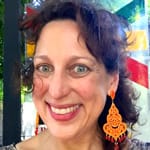
Diana J. Fox, PhD
Conference chair
[ Professor and Chairperson ]
Department of Anthropology,
Journal of International Women’s Studies,
Bridgewater State University,
USA.
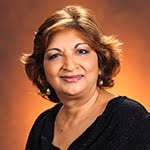
Prof. Patricia Mohammed
KEYNOTE SPEAKER
Professor of Gender and Cultural Studies,
Chair,
School for Graduate Studies and Research at the University of the West Indies,
Trinidad, West Indies.
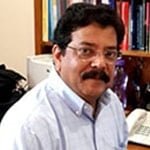
Dr. Ravi Verma
KEYNOTE SPEAKER
Regional Director
International Centre for Research on Women’s (ICRW)
India
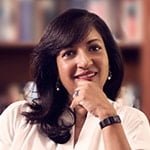
Neela Marikkar
KEYNOTE SPEAKER
Chairperson/Managing Director
Grant Group
Session Chairs
- Dr Subeshini Moodley
Nelson Mandela University
South Africa
- Prof. Masue Kato
Rikkyo University
Japan
- Dr. Melissa Tombro
The State University of New York
USA
- Dr. Sudeshna Ghosh
cottish Church College
India
- Dr. Bonita Hampton
SUNY Oswego
USA
- Prof. Dr. Mira Sonntag
Rikkyo University
Japan
- Dr. Urmishree Bedamatta
Ravenshaw University
India
- Dr. Sumi Daa-dhora
Assam University Diphu Campus
India
- Dr. Qurat ul Ain
University of Gujrat
Pakistan
- Dr. Syazliana Astrah
Ministry of Women
Malaysia
- Dr. Kalyani Vallath
Total English Solutions (TES) Trivandrum
India
- Dr. Enav Friedmann
University of Bar Ilan
Israel
- Prof. Julie Cwikel
University of Bar Ilan
Israel
- Dr. Rekha Mahadev
Nelson Mandela University
South Africa
- Prof. Nidhi Arora
Banasthali Vidyapith
India
- Dr. Helen Jaqueline McLaren
Flinders University
Australia
- Dr. Marianna Vargas de Freitas Cruz Leite
University of Coimbra
Portugal
- Prof. Antonia Navarro Tejer
University of Cordoba
Spain
Evaluation Panel Members
- Prof. Diana Fox
Bridgewater State University
USA - Dr. JInky Leilanie Lu
University of the Philippines Manila
Philippines - Ms. Senela Jayasuriya
Founder & CEO of Women Empowered Global
Sri Lanka - Dr. Madhavi Venkatesan
Bridgewater State University
USA
PARTNERS OF WCWS 2017

